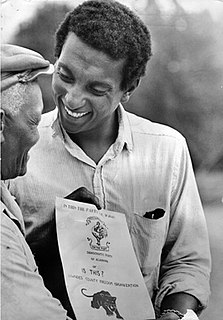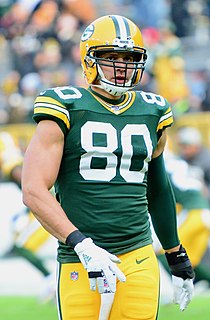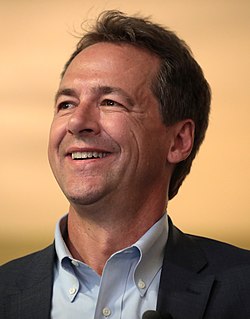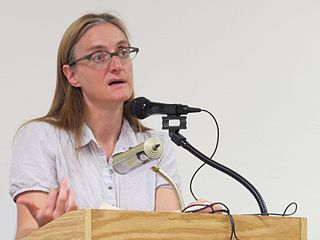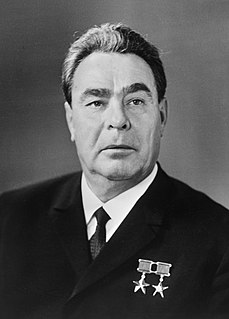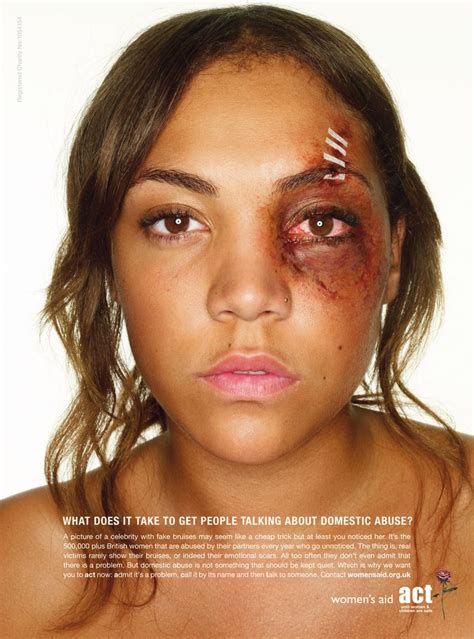A Quote by Stokely Carmichael
One of the tragedies of the struggle against racism is that up to now there has been no national organization which could speak to the growing militancy of young black people in the urban ghetto.
Related Quotes
The Organization of Afro-American Unity was an organization that was a secular group. It largely consisted of people that we would later call several years later Black Powerites, Black nationalists, progressives coming out of the Black freedom struggle, the northern students' movement, people - students, young people, professionals, workers, who were dedicated to Black activism and militancy, but outside of the context of Islam.
I think that in his 39 short years of life, Malcolm X came to symbolize Black urban America, its culture, its politics, its militancy, its outrage against structural racism and at the end of his life, a broad internationalist vision of emancipatory power far better than any other single individual that he shared with DuBois and Paul Robeson, a pan-Africanist internationalist perspective.
I wanted to make sure the focus [in The Land] was on human beings themselves and their decisions, but still connected to the urban environment that people associate as being black. I think I was able to make a film without commenting on "black this or black that" and you still feel the presence of it. There's no one character who's saying "we're all black and we're all in this struggle." It's that you just feel it. Some of that is because we get the sense from a lot of independent films that black people struggle all the time.
As cities get more dense, you have people saying, "Why would you have an urban farm when you could have affordable housing on that property instead?" So there's an argument against it. Another huge thing is there's a brain drain toward growing marijuana. You know, if someone has a green thumb in an urban area, especially in places like Washington or Oregon where it's now totally legal, why wouldn't you just grow pot?
Prison is quite literally a ghetto in the most classic sense of the word, a place where the U.S. government now puts not only the dangerous but also the inconvenient—people who are mentally ill, people who are addicts, people who are poor and uneducated and unskilled. Meanwhile the ghetto in the outside world is a prison as well, and a much more difficult one to escape from than this correctional compound. In fact, there is basically a revolving door between our urban and rural ghettos and the formal ghetto of our prison system.
Communists have always viewed the national question through the prism of the class struggle, believing that its solution has to be subordinated to the interests of the Revolution, to the interests of socialism. That is why Communists and all fighters for socialism believe that the main aspect of the national question is unification of the working people, regardless of their national origin, in the common struggle against every type of oppression, and for a new social system which rules out exploitation of the working people.
To write or even speak English is not a science but an art. There are no reliable words. Whoever writes English is involved in a struggle that never lets up even for a sentence. He is struggling against vagueness, against obscurity, against the lure of the decorative adjective, against the encroachment of Latin and Greek, and, above all, against the worn-out phrases and dead metaphors with which the language is cluttered up.
Adults who loved and knew me, on many occasions sat me down and told me that I was black. As you could imagine, this had a profound impact on me and soon became my truth. Every friend I had was black; my girlfriends were black. I was seen as black, treated as black, and endured constant overt racism as a young black teenager.
